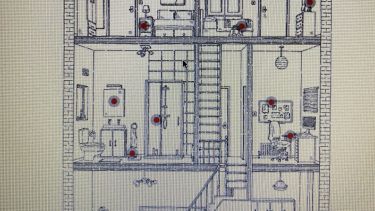DIY Health Technologies and Practices
This programme of research considers how people engage with health technologies that they acquire for themselves.

DIY Health Technologies and Practices
Dr Kate Weiner
This programme of research considered how people engage with health technologies that they acquire for themselves. Growing commercial markets mean that people can now acquire health technologies that were once the preserve of the clinic. The research asks: how are the users of such technologies imagined and their uses scripted by their developers/producers and through clinical and policy discussion? How are they incorporated into everyday health practices? Who is involved, with what divisions of labour and responsibilities? And what does this mean for the role of health care? Early work looked at DIY donor insemination, but the main body of the research focuses on cases relating to heart health, including functional foods and over the counter pharmaceuticals for cholesterol management, and most recently on self-monitoring of blood pressure and weight/BMI. The most recent paper from this work sets into question the meaning of participation in health care. We also produced the House of Tracking, an interactive website that summarises the key findings of the research in an accessible format.
This work was funded by the Leverhulme Trust and the ESRC. Most of this work has been undertaken in collaboration with Catherine Will at the University of Sussex and more recent work also involved Flis Henwood at the University of Brighton.

iHuman
How we understand being ‘human’ differs between disciplines and has changed radically over time. We are living in an age marked by rapid growth in knowledge about the human body and brain, and new technologies with the potential to change them.
